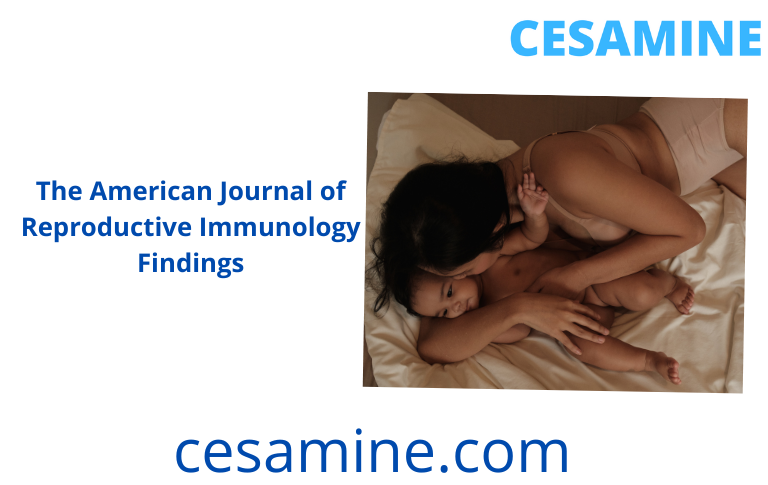Perinatal mood and anxiety disorders affect about 1 in 8 women, and they can have a negative impact on everyday life, general health, and family life. The perinatal period and the year immediately following childbirth have received a lot of attention in the studies on maternal mental health to date.
Researchers at Cedars-Sinai Hospital believe that women who experience persistent mental health issues up to three years after giving birth may experience abnormal immune system responses.
The American Journal of Reproductive Immunology has published the findings

Eynav Accortt, PhD, the study’s lead author and director of the Reproductive Psychology Program at Cedars-Sinai, said, “We discovered that women who had clinically elevated symptoms of depression, anxiety, and/or post-traumatic stress disorder (PTSD) two to three years after delivery had genetic evidence of a higher prevalence of immune system defence mechanism activation.”
According to clinical psychologist Accortt, “These women also appeared to have a reduction in the activity of genes connected to antiviral immune responses that can offer the body protection from viruses.”
The Centers for Disease Control and Prevention estimate that one in eight women have perinatal mood and anxiety disorders, which can have a negative impact on general health, everyday activities, and family life. The perinatal period and the year immediately following childbirth have received a lot of attention in the studies on maternal mental health to date.
33 women were asked about their mental health over a lengthier period, between two and three years after giving baby, by Cedars-Sinai researchers. Participants in the study also donated blood, which was used for bioinformatic studies of altered gene expression.
As one of the study’s co-authors and the chair of the department of obstetrics and gynaecology at Cedars-Sinai, Sarah Kilpatrick, MD, PhD, remarked, “Delayed or chronic postpartum anxiety, depression, and PTSD is an area that is grossly understudied.”
“In this exploratory study, we compared women with persistent symptoms of mood and anxiety disorders versus women who did not report having poor mental health, and we found genetic variations linked to inflammation. For a fuller exploration of the potential impact inflammation may play in postpartum mental disorder, more research will be required “Kilpatrick stated.
According to Accortt, one of the main objectives of this research is to develop a blood test that would be able to identify which women are most susceptible to experiencing severe and protracted postpartum mental disorders.
“We may create early interventions that offer support and therapy for physical and mental health through the use of a blood test. We want to understand why some women are more likely to experience PTSD, anxiety, or depression. After giving birth, no one should have to endure years of suffering “Accortt stated.
This article has been directly published from a wire service feed without any text changes. The only change is to the headline.